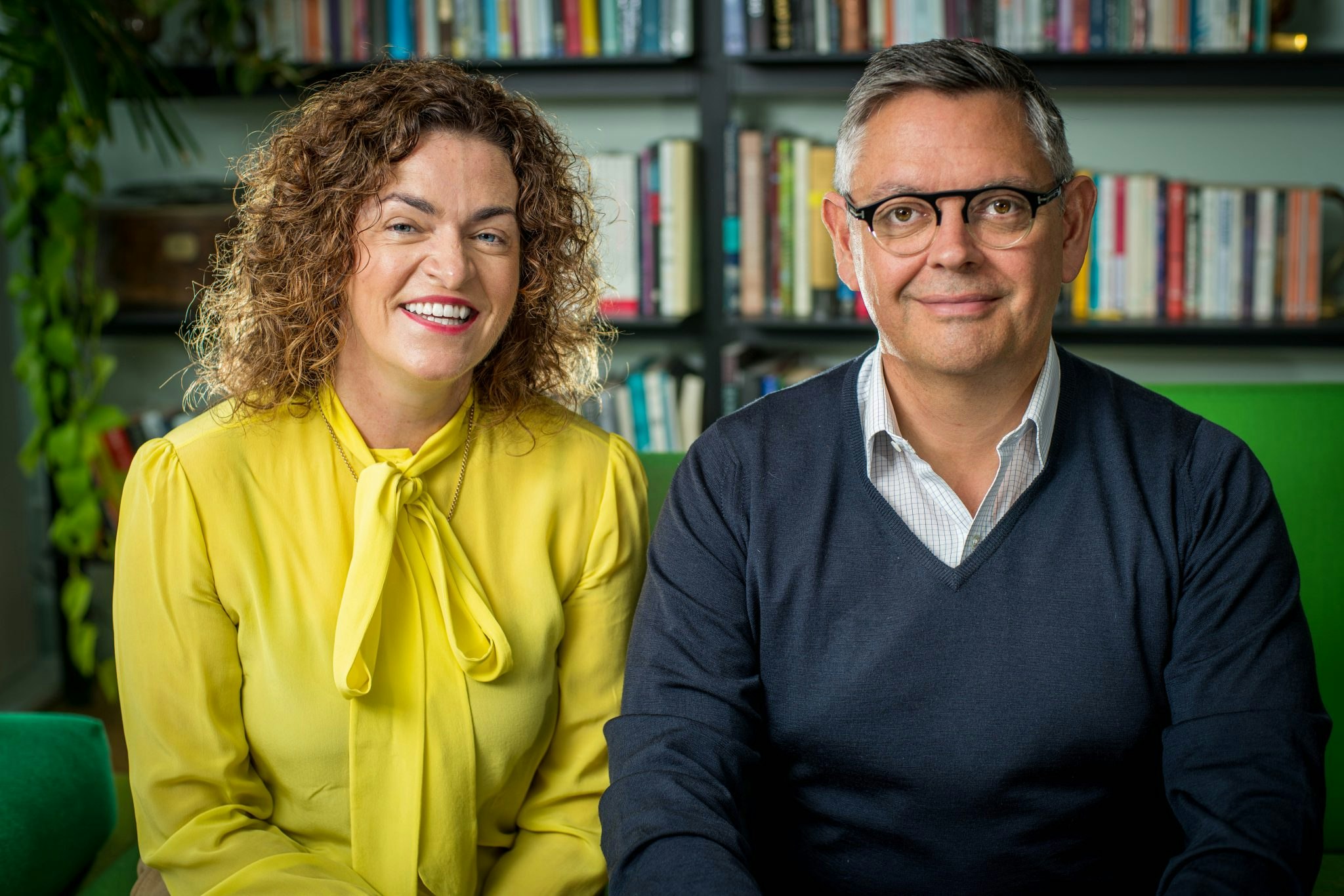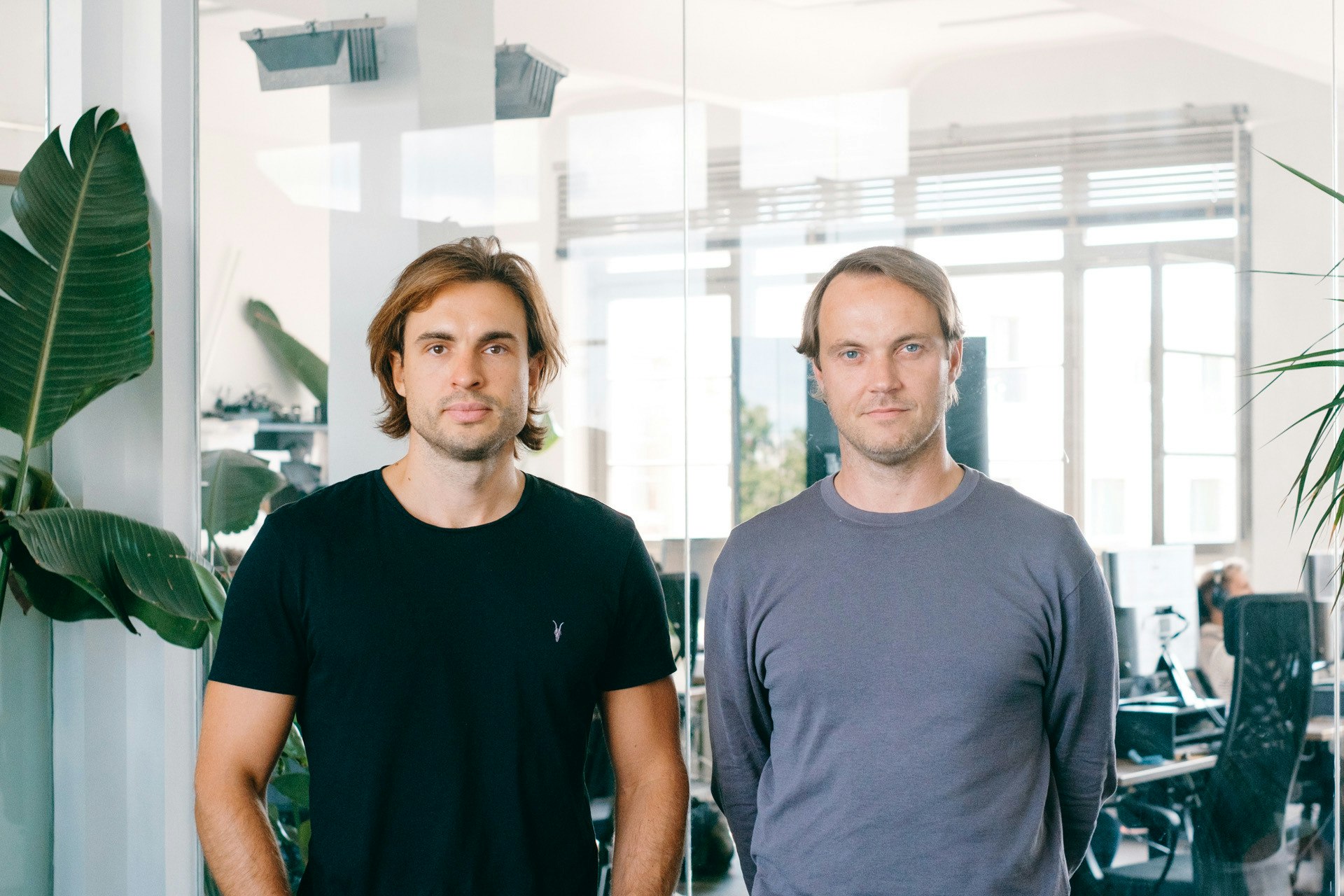Fuse Energy, the startup headed up by Revolut’s former chief revenue officer Alan Chang, is launching in the US.
The company sells energy to consumers and currently offers the cheapest standard variable energy tariff in the UK. It builds solar farms and then sells a mix of gas and renewable energy to customers.
The US’s Inflation Reduction Act (IRA) offers significant incentives for founders to head there and has, in Chang’s words, “changed everything.”
Chang, who was the third employee at Revolut, launched Fuse in 2022 and secured a mammoth $78m seed round straight off the bat. Backers include Lakestar and Balderton.
The company, formerly known as Tesseract Energy, launched to UK consumers at the end of last year. It’s now applied for an electricity licence to operate in New York and is aiming to sell to customers there by the end of this year. Fuse is also looking into other US states, Chang says.
“If I had to build Fuse again, with the IRA in mind, the UK would not be the number one market. That’s how much of a gamechanger it is,” he says.
Other European companies to head to the US in the wake of the IRA bill include Climeworks, Europe’s best-funded direct air capture startup, and Norwegian battery startup Freyr, which moved its headquarters to America in the wake of the bill.
“The lack of an IRA equivalent in Europe means private money will go into the US,” says Chang. “If you have a solar farm in the US, you have guaranteed revenue from the US government, no matter the energy prices.”
Making solar work
Since launching in the UK five months ago, Chang says Fuse now has 11k customer signups and is growing its revenue by 30% each month. He declines to put a figure on revenue but says the company has reached break-even.
Chang says the company is £100 cheaper than the UK’s current energy price cap (a limit on the cost of energy set by Ofgem, the country’s regulator). “Most energy companies are charging the price cap,” Chang says. “Ofgem increased the Q1 price cap by 5% compared to Q4 last year, but we kept the price the same.”
So how does it do that?
Chang says the reason that Fuse can keep its prices low is that it is building its own solar farms. It has 80 megawatts of solar power capacity, located in the south of England, and a pipeline of 100 megawatts more planned for the next few years. For context, the UK has gas power stations with a combined 28 gigawatt capacity.
“When the sun is shining, solar is the cheapest energy source, compared to any other technology,” Chang says. That said, it’s hard to sell solar to customers because it is, by nature, an intermittent power source.
“The sun only shines during the day, and sometimes you have clouds. To manage that properly, you have to be able to do weather forecasts,” he says. “A lot of utilities do not have the technology capabilities to do that, whereas we do. We have an in-house data science team.”
That team forecasts the amount of power Fuse’s solar farms will generate, as well as anticipated consumer energy demand. Fuse then buys energy from the gas and electricity markets to make up the shortfall.
At present, it’s impossible for any energy firm to deliver 100% renewable energy to consumers, Chang says, but he adds that Fuse gives the guarantee that it's reinvesting its profits into solar farms.
“To infinity”
Chang’s plan for Fuse is ambitious. “We want to have a pipeline of new solar coming online every year, to infinity,” he says.
While building infrastructure is a capital-intensive endeavour, Chang says Fuse doesn’t need to raise capital at present, but will in the future. And when it does, it will be looking at asset managers and large infrastructure funds.
“We’re having ongoing conversations with the Brookfields of the world,” he says, referencing the Canadian multinational investment firm with deep pockets to back infrastructure projects. “If you look at the biggest pockets of capital in the world, it’s not VC. VC is a tiny portion.”
Chang’s ambitions for Fuse don’t stop at building solar parks. At present, the industry is dependent on China for its supply of solar panels — there is currently no scaled-up manufacturing of panels in Europe.
“We will eventually get into manufacturing,” Chang says. “And eventually maybe we’d even do the refinery of raw materials. This is how you make more margin, going deeper and deeper.”


